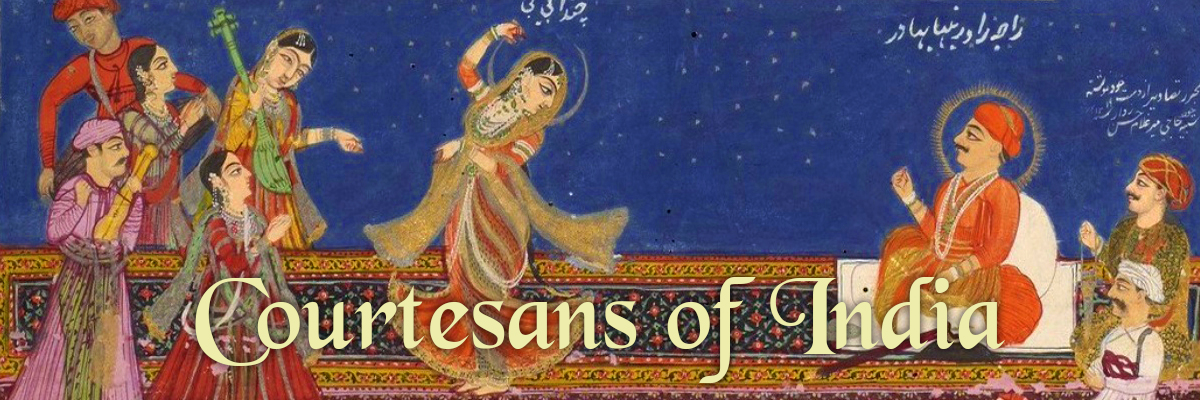About this work
Rādhikā-sāntvanam is a Telugu epic poem written by an 18th-century devadasi, Muddupalani, noted for being among the earliest representations of women explicitly seeking pleasure in Telugu poetry.
The book contains 584 poems, and it is framed as a dialogue between two wise and legendary men: Suka Maharishi (also known as Shuka, Shukadeva, and Suka Muni) and Janaka, the ancient philosopher-king of Videha.
Women Writing in India: 600 BC to the Present summarizes Rādhikā-sāntvanam as follows:
It tells the tale of Radha, Krishna’s aunt, a woman in her prime who brings up Ila Devi from childhood and then gives her in marriage to Krishna. The poem describes in detail Ila Devi’s puberty and the consummation of her marriage to Krishna. Radha advises the young bride on how she should respond to Krishna’s lovemaking, and Krishna on handling his young bride tenderly. But the poem also captures at the same time the pain of a woman in her prime who must give up her own desire and yearning. At one point, unable to bear the grief of her own separation from Krishna, whom she desires herself, Radha breaks down and rages against Krishna for having abandoned her. Krishna gently appeases her and she is comforted by his loving embrace. It is from this section that the poem takes its title.
Editions and Translations (via Wikipedia)
Some translated excerpts from Appeasing Radhika can be found in Women Writing in India: 600 B.C. to the Present, edited by Susie Tharu and Ke Lalita.
Muddupalani. Radhika Santwanam. Ed. Bangalore Nagaratnamma. Madras, Vavilla Ramaswami Sastrulu and Sons, 1910. (reprinted 1952)
Muddupalani. Radhikasantvanam. Madras, EMESCO Books, 1972.
Muddupalani. Radhika Santwanam—The Appeasement of Radhika. Trans. Sandhya Mulchandani. New Delhi, Penguin, 1972.
